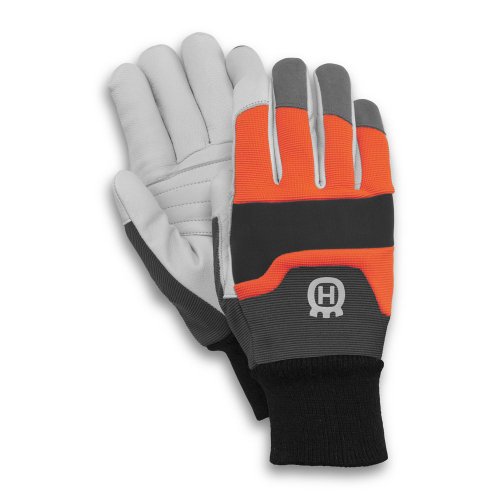I've been experimenting with ways to control ailanthus, which is terribly invasive in parts of land I manage. Previously I would hack-and-spray or cut and cover stumps with 7% glyphosate to kill the roots and prevent reemergence. Another arborist, seeing some of the infestation, suggested triclopyr.
Two weeks ago I tried a "basal application:" saturating with 62% triclopyr the bottom 15" circumference of bark on a number of ailanthus trees ranging in diameter from 1" to 12". I had been expecting a more severe response, but only on the smallest trees is there even a hint of wilting at the tips of leaves.
What should I expect from this triclopyr basal application? Based on some reading I was expecting to see much more severe effects in the foliage much faster; but in the end what matters is that it kills the root system.
Two weeks ago I tried a "basal application:" saturating with 62% triclopyr the bottom 15" circumference of bark on a number of ailanthus trees ranging in diameter from 1" to 12". I had been expecting a more severe response, but only on the smallest trees is there even a hint of wilting at the tips of leaves.
What should I expect from this triclopyr basal application? Based on some reading I was expecting to see much more severe effects in the foliage much faster; but in the end what matters is that it kills the root system.























































